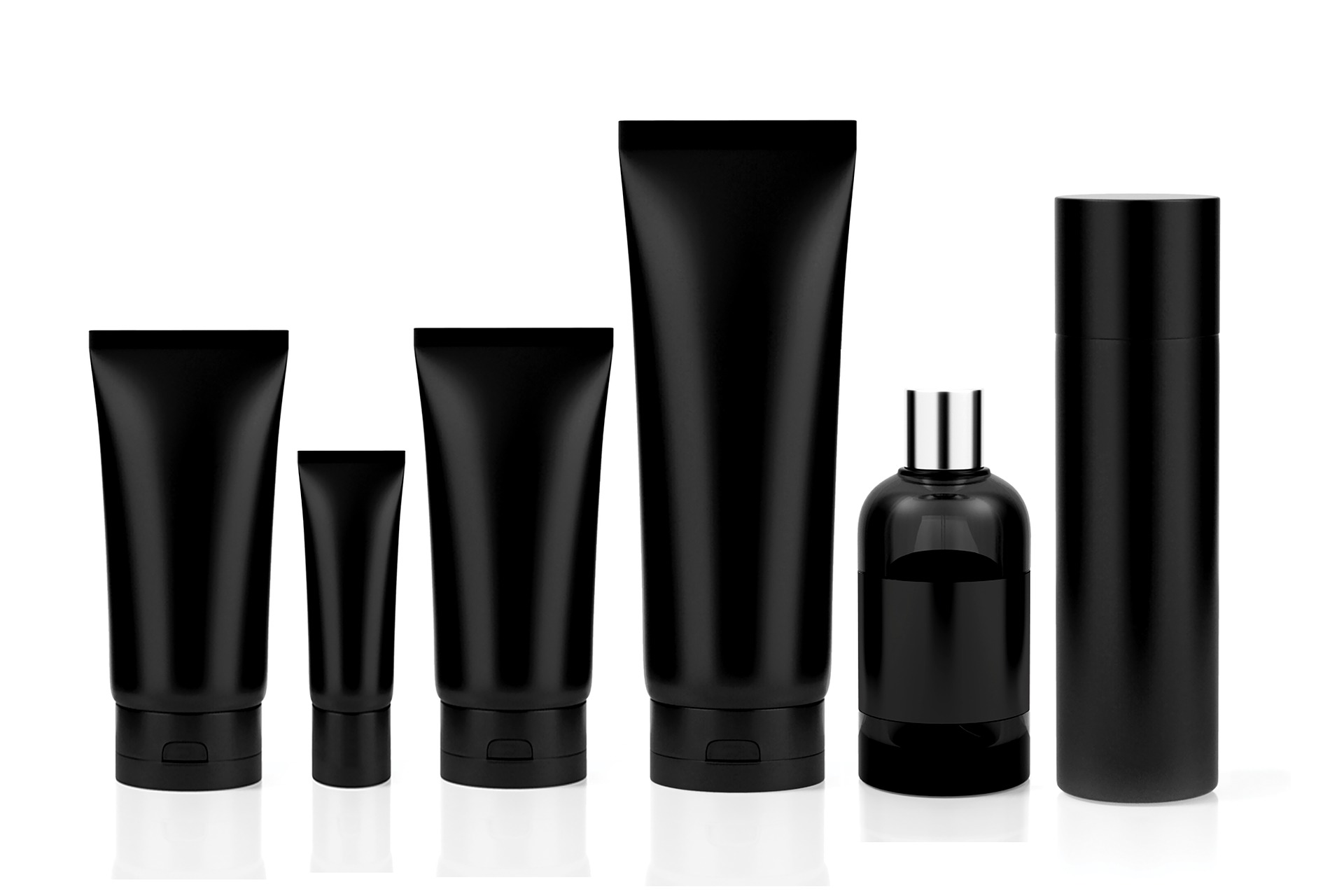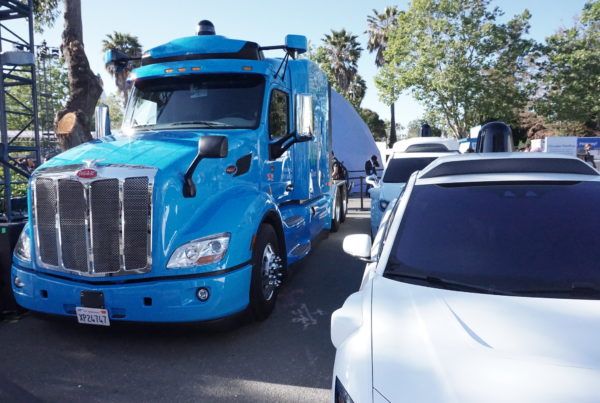From Texas Public Radio:
A multi-year study conducted at the Southwest Research Institute, or SwRI, showed that we know only about 20% of the chemicals in a series of consumer products. A new tool developed by Southwest Research could help document that other 80%.
We don’t know what chemicals are in many things, and we don’t have an efficient way of figuring it out.
Most chemical tests are targeted. Say you want to know how much caffeine is in a coffee bean. Scientists use a mass spectrometer. They get back a bunch of data. In audio form, it’s noise. but because they know what they are targeting, they can eliminate or turn down the volume of some of the noise until they find exactly what they are looking for.
“But if we want to know everything in something…that means you have to take in all the data and analyze it. And we really don’t know all that’s in something,” says SwRI chemist Kristin Favela.
Take a common deodorant.
“The ingredients list is 30 or 45….but when you look at it…it has 300 or more chemicals,” Favela says.
Favela and other Southwest Research scientists in fields ranging from space science to machine learning have helped create Floodlight, a tool that automates much of the baseline analysis, speeding up these non-targeted analyses with high degrees of accuracy without any human interaction.
With the Floodlight software, they can analyze consumer products for quality assurance, fingerprint oil so that spills are easier to attribute and even document the toxins in everyday life – from your personal care products to your carpet to your car seat.
“All the plastics, all the cups we drink from. things like that. all of those have chemicals in them and in order to know what chemicals are potentially harmful, we first have to know what is there,” Favela says.
With Floodlight, they hope they can at least start to do that.














